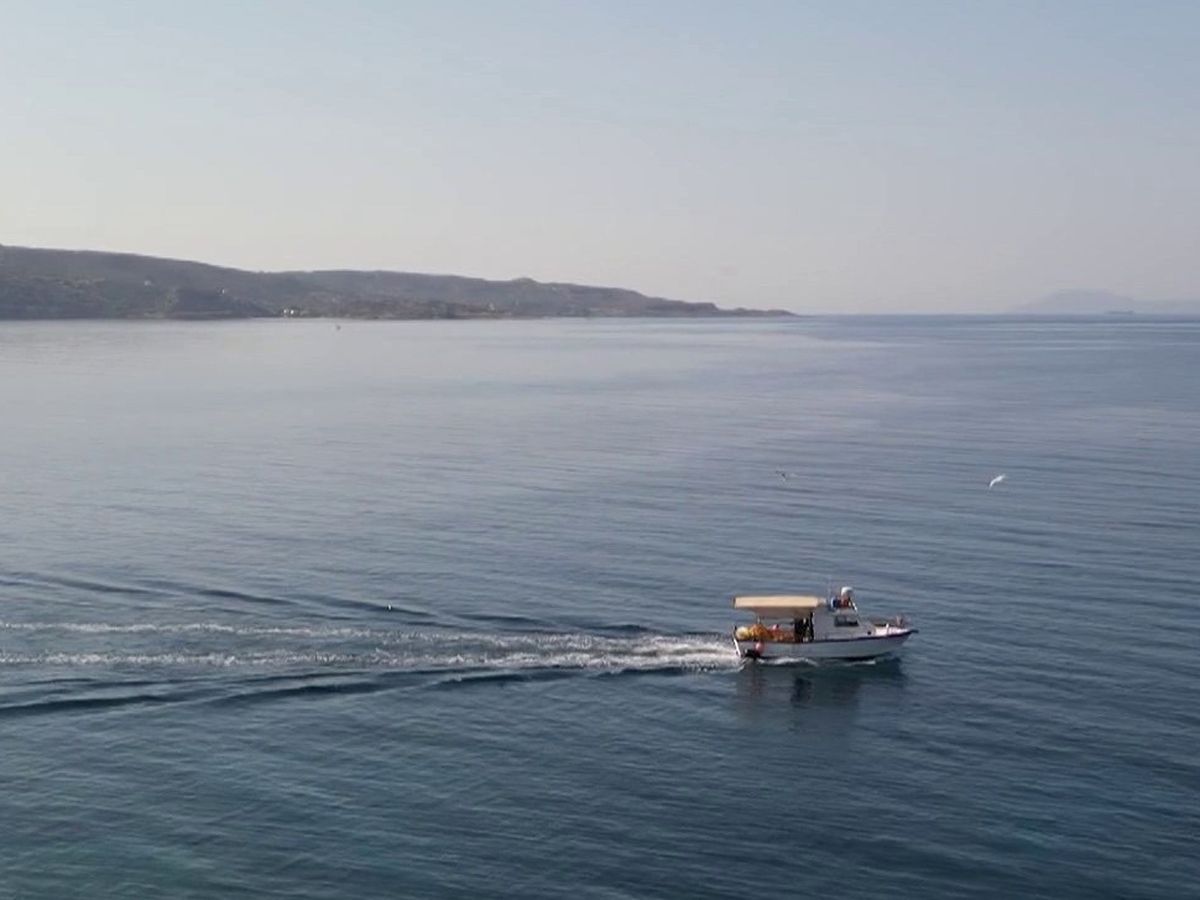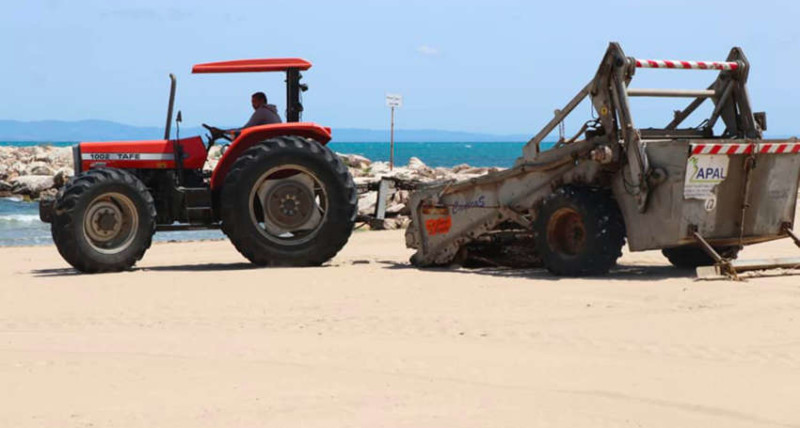As a consequence of climate change and rising ocean temperatures, a new and formidable predator has made its way into the Mediterranean: the lionfish. This invasive species can consume up to six times its body weight and reproduces year-round. In Greece, scientists and fishermen are working together to find ways to adapt to this alarming proliferation.
This text is an excerpt from the full report. Click on the video above to watch it in full.
It’s hard to imagine that along the turquoise waters of the Peloponnese coast, a daily struggle is unfolding for the fishermen of the small town of Neapoli. Ioannis Kapakos has been fishing here for 20 years. But in recent years, something has changed — his nets are coming up increasingly empty.
He explains: “Before, I used to catch 10 to 12 kilograms of fish here. Today, the quantity has dropped by at least 50%.”
One of the main causes of this decline is the lionfish. This species has been rapidly spreading in the area for over two years. With its 18 venomous dorsal spines, it has no natural predators in the Mediterranean — except humans.
“It’s a very beautiful fish,” Ioannis admits. “The problem is that it eats the eggs of all other fish. Look — here’s another one. Today we caught a slipper lobster, three or four good fish, a grouper, a dentex… and the rest are all lionfish. One, two, three, four, five, six of them.”
An Invasive Species Spreading Fast
The lionfish is highly invasive. Hiding in the rocks, it can eat up to six times its weight and reproduce nearly year-round. A single female can lay thousands of eggs every two to three days, and the species has a lifespan of up to 30 years.
Originally from the Indian Ocean, the lionfish naturally lives in warm waters. Drawn to rising sea temperatures, it entered the Mediterranean through the Suez Canal. It was first spotted in Israel in 1991, then in Lebanon in 2012, and later in Cyprus in 2014. It is now spreading rapidly in southern Greece.
A Livelihood Under Threat
In the port of Neapoli, the entire fishing community is affected. Considered dangerous, the lionfish has no commercial value here, and dozens of kilograms caught daily are simply thrown away.
“If we don’t start promoting this fish for sale,” says fisherman Giorgos Livanos, “I’ll give up my fishing license and do something else. I don’t know — maybe become a waiter, because for me, the sea is over.”
The only effective solution to this invasion: eating it. On the nearby island of Elafonisos, an environmental organization is trying to create a local supply chain.
A chef explains: “First, you have to remove the spines — the hardest and most dangerous part because they’re very painful. And now, the fish is harmless. It only eats small, young fish that haven’t yet accumulated heavy metals. So the flesh is excellent.”
Whenever he can, this Italian volunteer visits local tavern kitchens to show restaurateurs how to safely prepare lionfish, which offers numerous culinary benefits.




